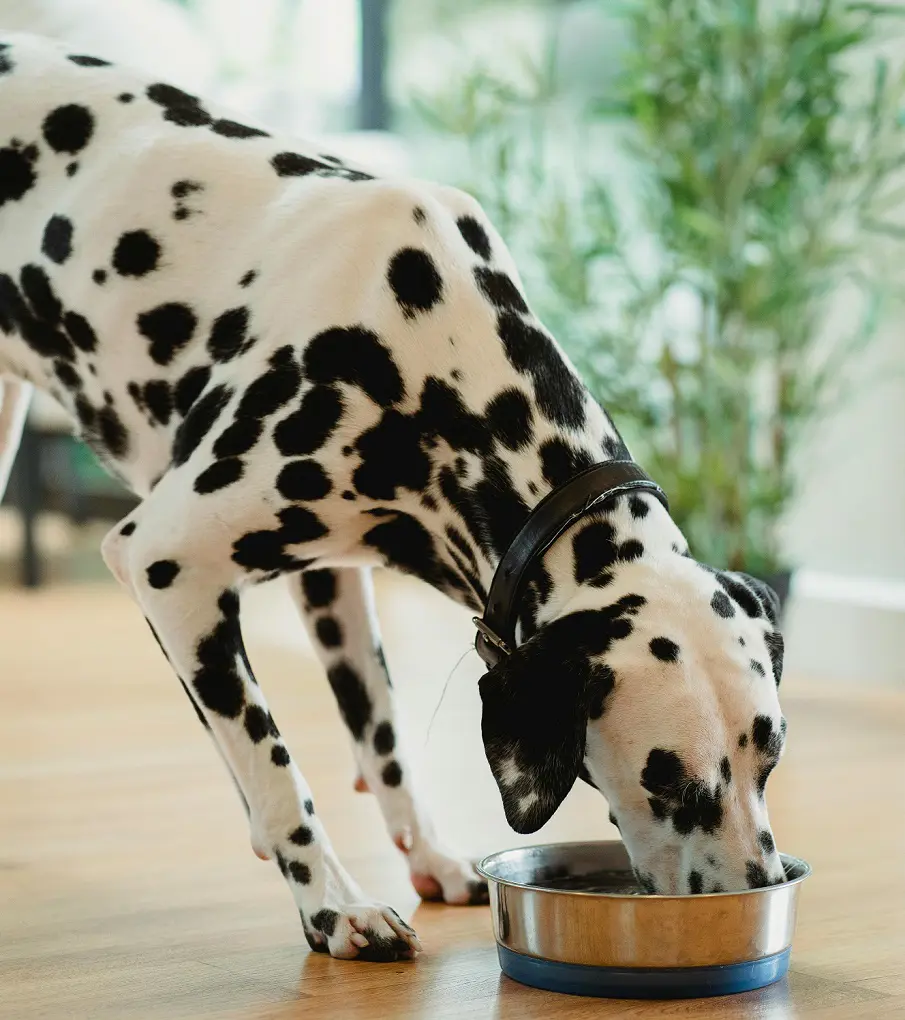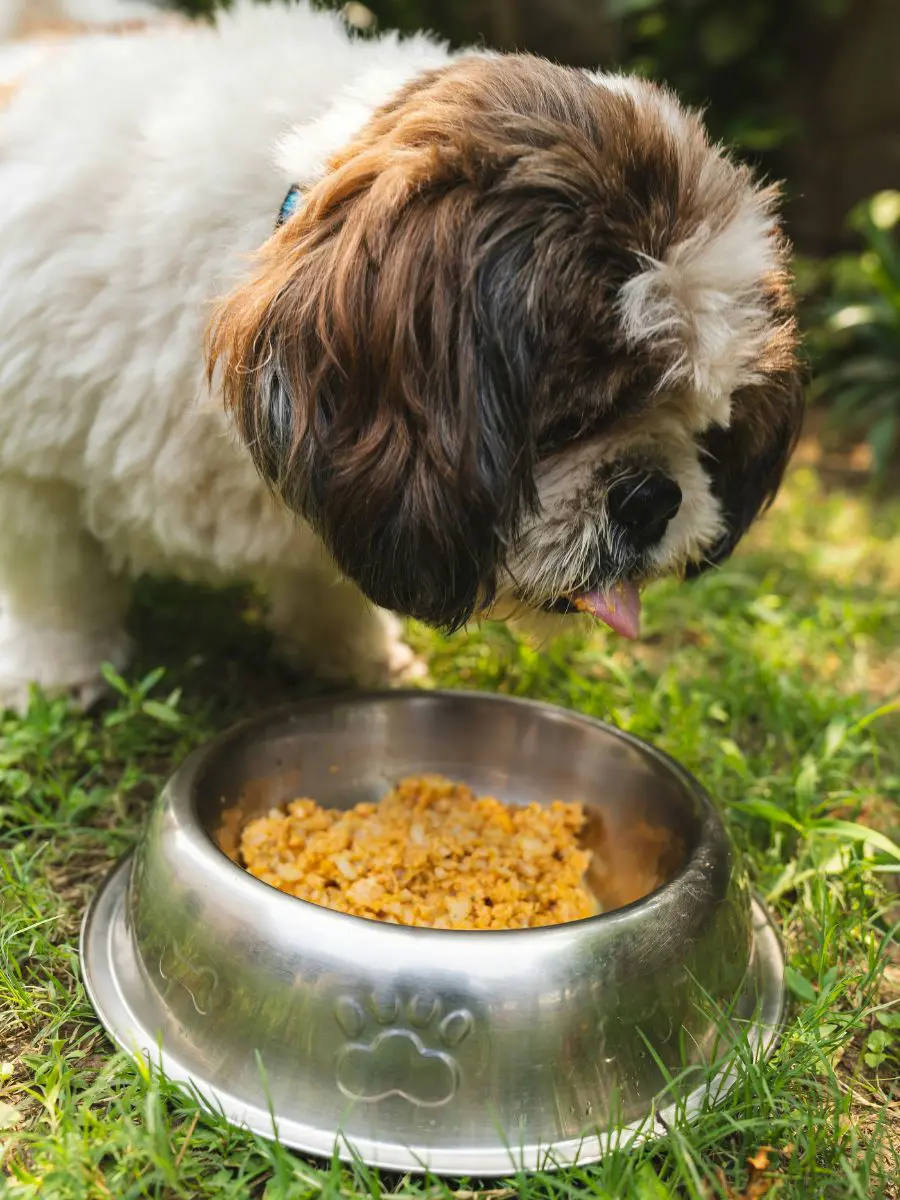20 Fruits That Will Make Your Dog Wag Their Tail

Many dogs can eat fruits in moderation, and in fact, fruits can be a healthy and fun treat for them. With its naturally sweet flavors, fruits make for a tasty alternative to traditional treats.
So, incorporating a variety of fruits into a dog's diet adds diversity and enriches their eating experience.
While dogs can digest many fruits, some fruits like grapes and tomatoes can be toxic or lead to digestive issues. So make sure you introduce new fruits gradually and in moderate amounts. Here are 20 safe fruits that are good for dogs.
1. Apple
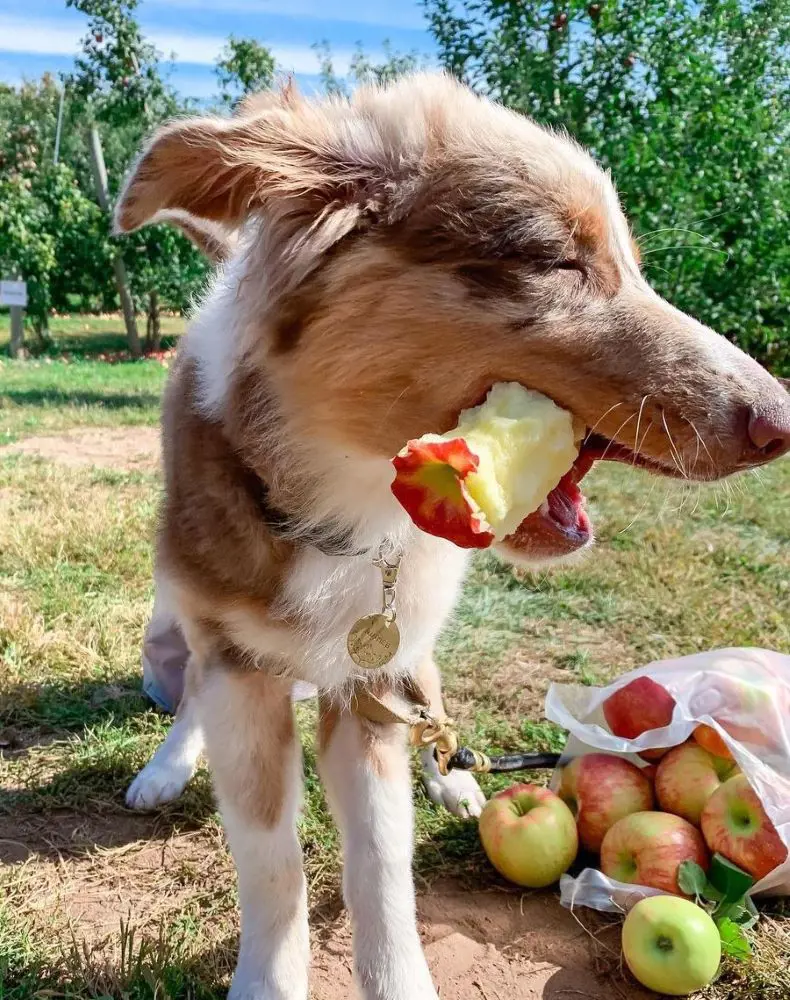
Many dogs enjoy apples, and when offered responsibly, they can be a tasty and nutritious addition to a dog's diet. Apples contain essential nutrients such as vitamins A and C, as well as dietary fiber, which can contribute to a dog's overall health.
The presence of antioxidants in apples, such as flavonoids and polyphenols, can help combat oxidative stress and support the immune system. Make sure to remove the seeds and core before offering apples to dogs, as apple seeds contain cyanide, which can be harmful in large quantities.
2. Banana

Dogs often love bananas due to their naturally sweet taste and enticing aroma. They are a healthy alternative to traditional dog treats, offering essential nutrients like potassium, vitamins C and B6, and dietary fiber.
The soft texture of bananas makes them easy for dogs to chew and digest, especially for puppies or senior dogs with dental concerns. The potassium content contributes to muscle and heart health. Moreover, the act of peeling and slicing bananas can provide mental stimulation, adding an element of engagement to treat time.
3. Blueberry
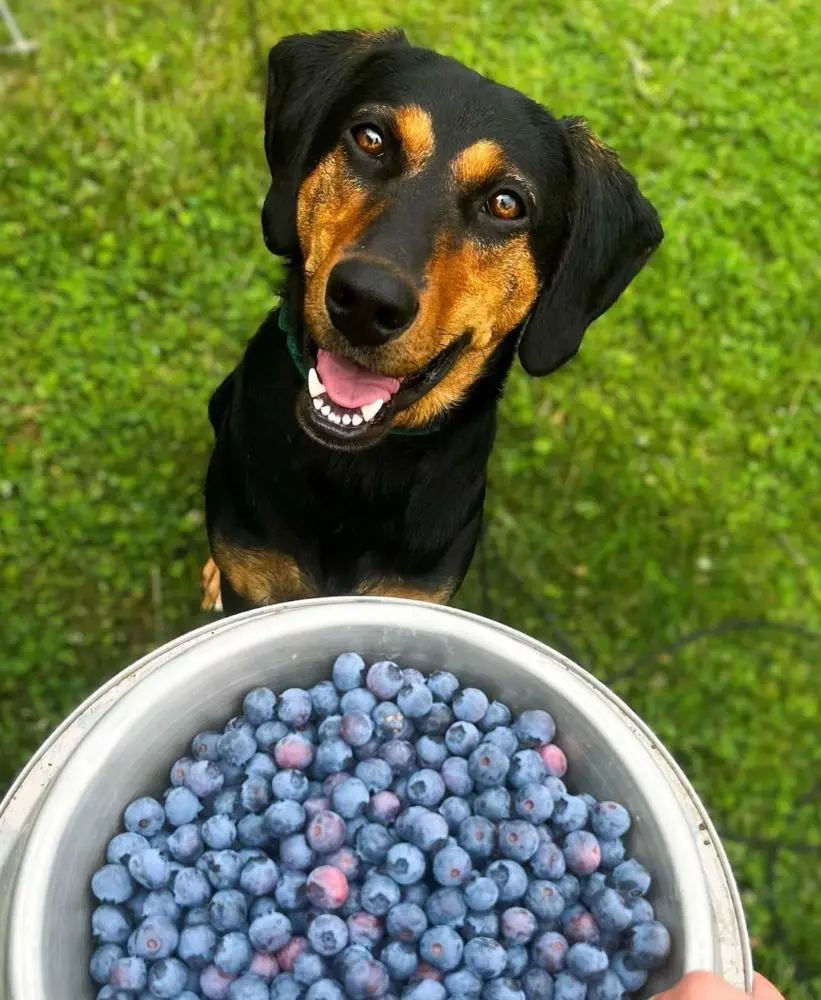
Blueberries have a burst of flavor with a pleasing texture. Beyond taste, blueberries are a safe and nutritious treat for dogs. Packed with antioxidants, such as anthocyanins, blueberries can help combat oxidative stress and support a dog's immune system.
The small size and soft texture of blueberries make them an ideal treat rich in vitamins C and K. The natural sweetness satisfies a dog's palate without the need for added sugars or artificial ingredients, making them a healthier alternative to some commercial treats.
4. Guava

Guavas can be a tasty and nutritious treat for dogs. Guavas are high in vitamin C, fiber, and other essential nutrients that can contribute to a dog's overall health. It also has antioxidants such as vitamin C and other phytonutrients.
Keep in mind that Guava seeds can be a choking hazard for some, and it's best to remove them before offering guava to your dog. Also make sure you give it to the dogs in moderation as too much fruit in one sitting can lead to digestive upset.
5. Watermelon

Watermelon has a high water content, making it an excellent choice for helping to keep dogs hydrated, especially during hot weather. It contains vitamins A, B6, and C, as well as antioxidants like lycopene.
The fiber in watermelon can aid in digestion and help regulate bowel movements. Many dogs enjoy the natural sweetness of watermelon, making it a tasty and appealing treat. Always remove the seeds and rind before offering watermelon to your dog. The seeds can be a choking hazard, and the rind may be difficult for some them to digest.
6. Strawberry

Strawberries are a nutritious and tasty addition to a dog's diet. Rich in essential vitamins, particularly vitamin C, strawberries provide a natural boost to a dog's immune system. The presence of antioxidants and phytochemicals in strawberries can help combat oxidative stress and inflammation.
These berries are also a good source of dietary fiber, promoting digestive health and regular bowel movements. With a naturally sweet flavor, strawberries make for a low-calorie, high-reward treat, making them suitable for dogs on weight management diets. However, as with any treat, moderation is key to preventing potential digestive upset.
7. Peach
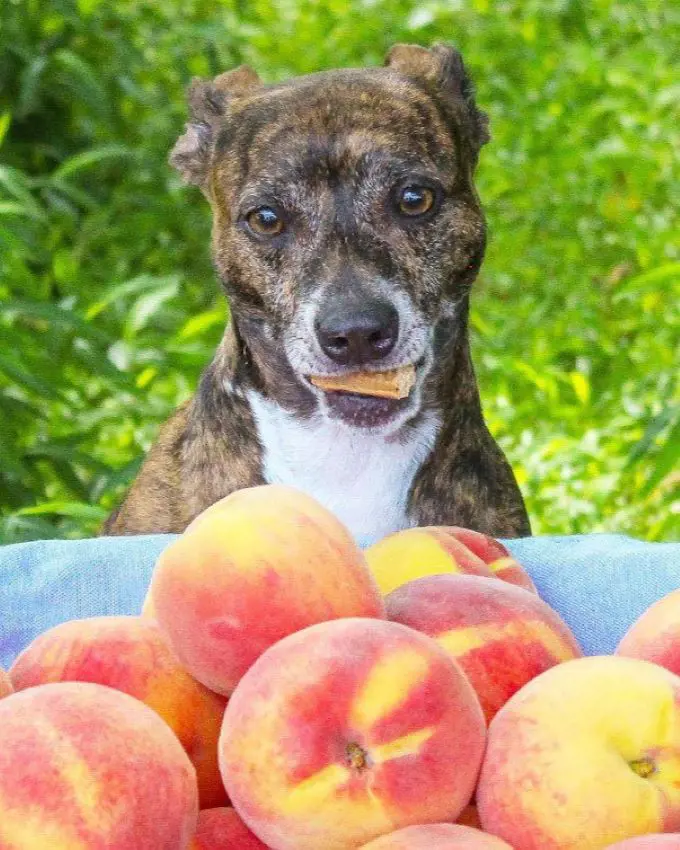
Peaches are packed with vitamins and minerals such as vitamin A, vitamin C, and potassium, which can support a dog's immune system, promote healthy skin and coat, and aid in digestion. Peaches also contain antioxidants that can help fight against inflammation and certain diseases.
However, it is important to note that the pit and skin of peaches should never be fed to dogs as they can pose a choking hazard and contain harmful substances. Additionally, the high sugar content in peaches means they should be given sparingly to avoid weight gain and potential digestive issues.
8. Cucumber
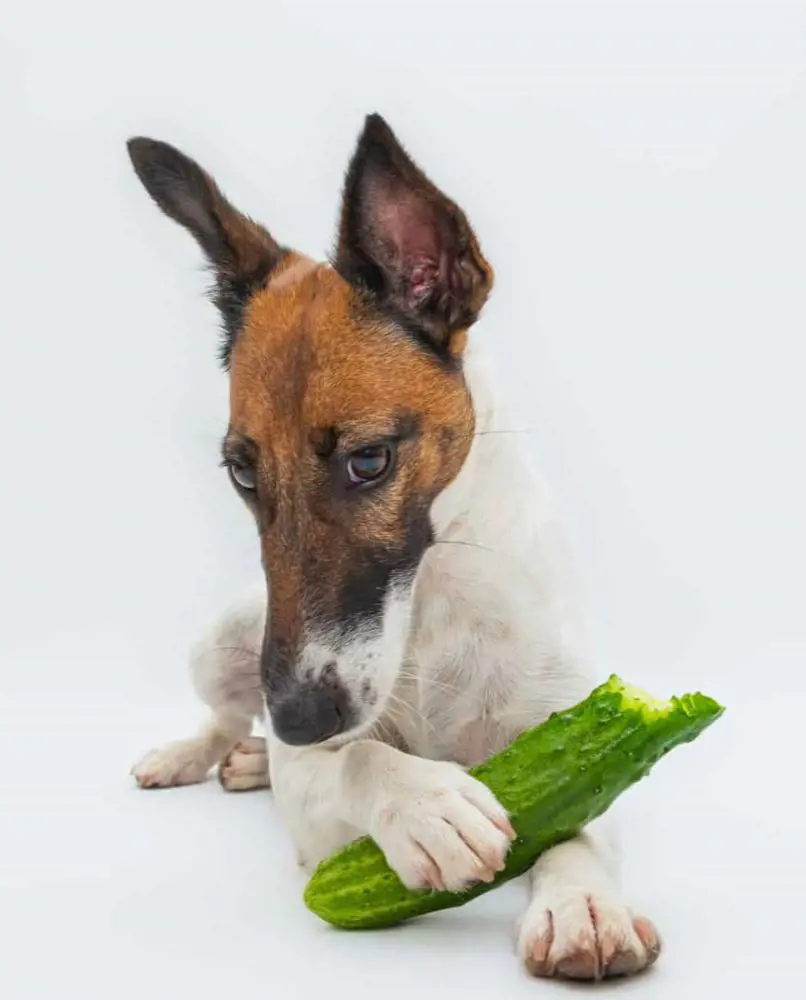
Cucumbers can be a healthy and refreshing addition to a dog's diet. The crisp and crunchy texture of cucumbers can provide a satisfying chewing experience for dogs, potentially contributing to dental health by helping to reduce plaque.
It has a high water content, which can contribute to a dog's overall hydration, especially in hot weather. While not as rich in vitamins as some fruits, cucumbers do provide small amounts of vitamins K and C, as well as minerals like potassium.
9. Pear
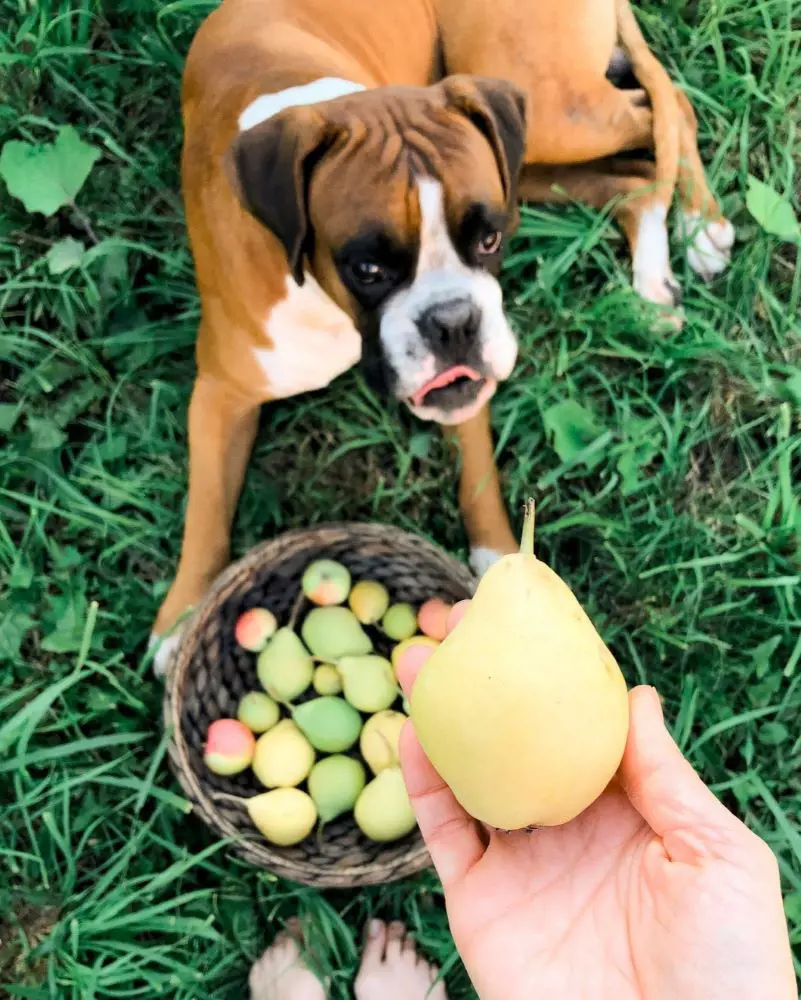
Pear is another hydrating treat rich in essential nutrients such as vitamins A and C, and relatively low in calories. The natural sweetness of pears can make them an appealing treat for dogs without the need for added sugars or artificial flavorings.
Pear seeds contain trace amounts of cyanide, which can be harmful to dogs if consumed in large quantities. Make sure to remove the core and seeds before giving your dog a pear. Also, stick to fresh pears as canned pears often contain added sugars or syrups, which can be harmful to dogs.
10. Mango

Mango is a good source of vitamins A, C, and E. This delicious and healthy treat will keep your dog wagging its tail for more. Apart from being naturally sweet and aromatic, it contains antioxidants such as beta-carotene which can help combat oxidative stress and inflammation.
Mango skin and pits can be difficult for dogs to digest and may cause digestive issues or blockages. Make sure to remove them before offering to your dog. It is also significantly higher in natural sugar, which can lead to weight gain and other health issues in dogs. Limit the amount of mango you give to your dog and consider it an occasional treat.
11. Cherry

Cherries are naturally sweet and your dog will love it as a treat. It also contains nutrients like vitamins A, and C as well as antioxidants. But it is worthy noting that the cherry pit, stem, and leaves all contain cyanide which can be toxic to dogs if given in high amounts.
So, as with all the treats, always give it in moderate quantity as few cherries occasinally wont poison your dog. Some dogs may tolerate cherries well, while others may not. Always monitor your dog for any signs of allergies or digestive issues when introducing new treats.
12. Cantaloupe

Cantaloupe is among the various hydrating fruits that dog can eat. It is particularly beneficial during hot weather for dogs that may not drink enough water.
It is also rich in vitamin A, C and dietary fibers. The sweet and juicy flavor of cantaloupe (melon) will keep your dog wanting for more. It will be a healthy, satisfying and tasty treat for your dog even if you are watching their weight.
13. Pineapple

Pineapple is a good source of vitamins C and B6, as well as essential minerals like manganese, which can contribute to a dog's overall health. Its high water content and low calories make it a healthy treatment option for dogs.
It also contains bromelain, an enzyme that may help break down proteins and aid in digestion. This can be beneficial for dogs with certain digestive issues. Bromelain also has anti-inflammatory properties, which may be helpful for dogs with inflammatory conditions.
14. Cranberry
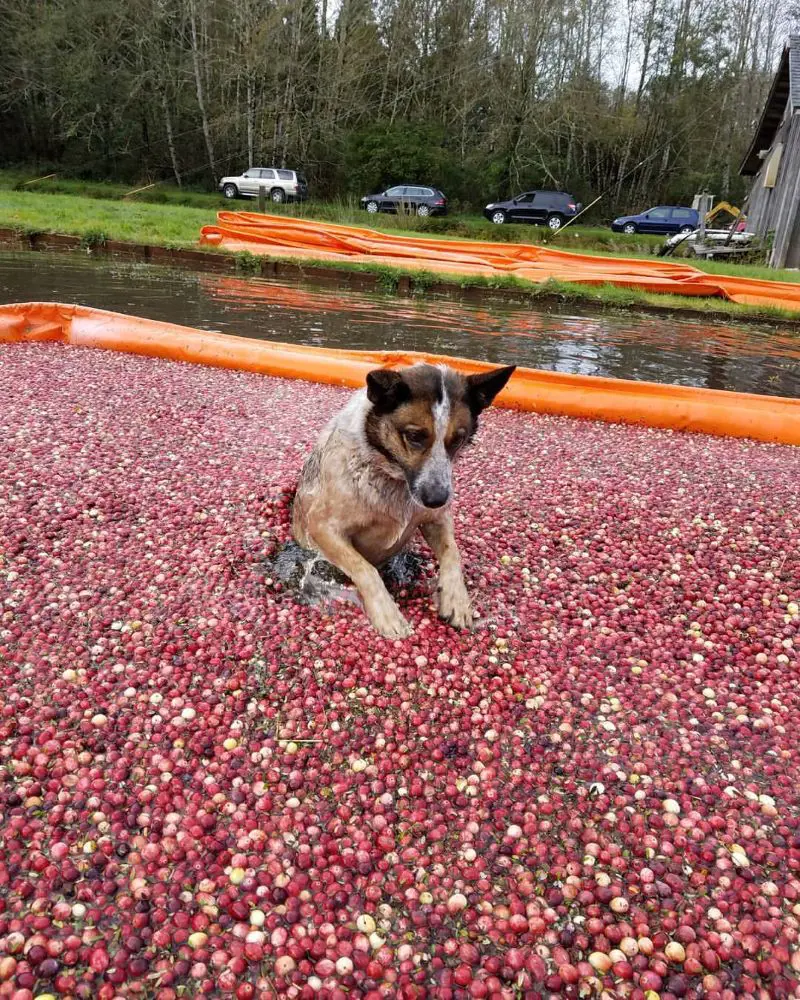
Cranberries are surprisingly healthy and a great treat for dogs. This fruit helps prevent urinary tract infections in dogs by preventing bacteria from adhering to the bladder walls. Regular consumption of cranberries can help maintain a healthy urinary tract in dogs.
Furthermore, it contains natural compounds that can help prevent plaque formation and reduce the risk of gum disease in dogs. Chewing on dried cranberries can also help clean the teeth and freshen the breath. It provides antioxidants, vitamins C, E, and K which can help reduce the risk of chronic diseases.
15. Kiwi
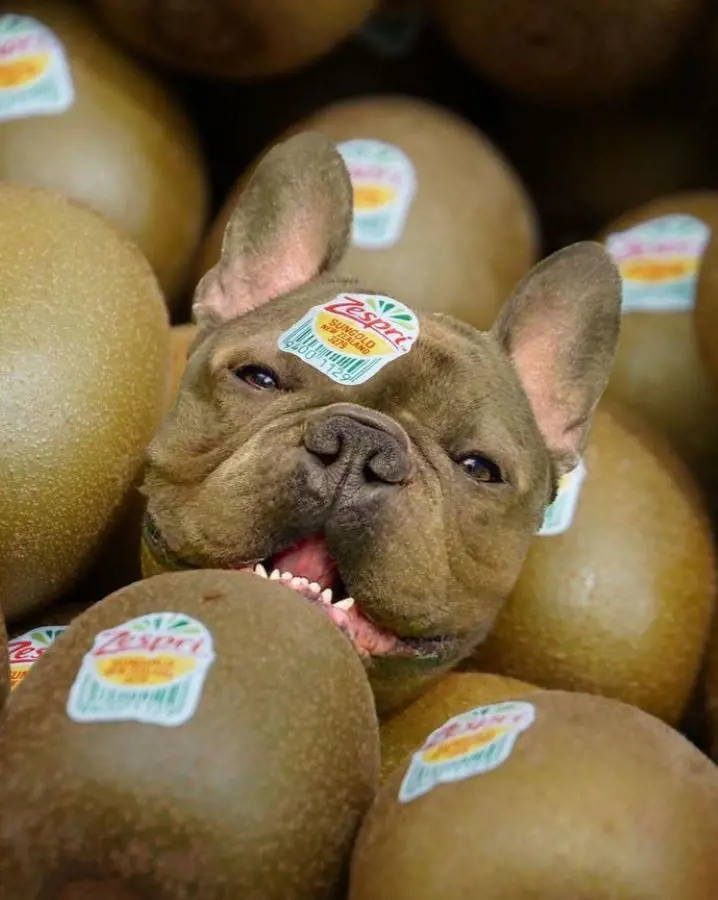
Like other fruits mentioned above, Kiwi is also packed with vitamins C, E and antioxidants. Kiwi's high vitamin C content can help improve collagen production, which is essential for healthy skin and a shiny coat in dogs.
Kiwi contains compounds like lutein and zeaxanthin, two compounds known to support eye health and reduce the risk of age-related eye conditions in dogs. It also has natural enzymes, such as actinidin, which can aid in the digestion of proteins and improve nutrient absorption in dogs.
16. Plum
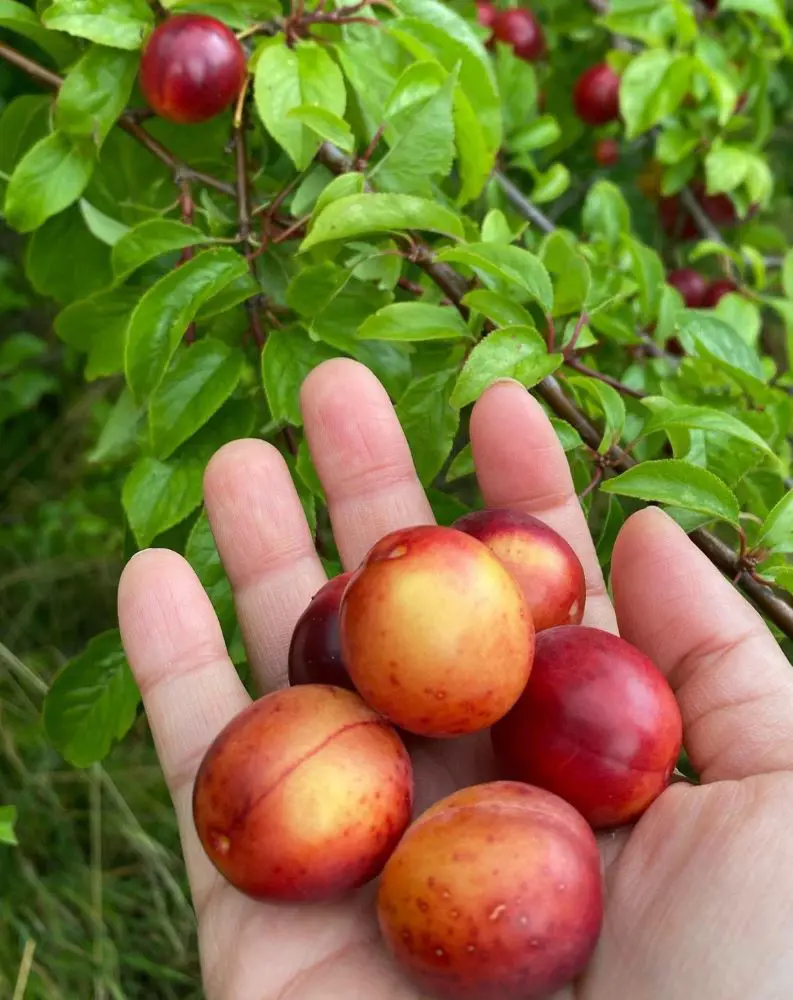
Plums are packed with essential vitamins and minerals that can benefit dogs. They are a good source of vitamin A, vitamin C, vitamin K, and dietary fiber. They also contain antioxidants that can help reduce inflammation and protect against chronic diseases.
Plums are low in calories and fat, making them a suitable treat for dogs who need to maintain a healthy weight. However, it is important to note that plums should be given in without the pit, as it can be a choking hazard or cause digestive issues.
17. Coconut

Dogs can eat small amounts of coconut, which is rich in fiber and healthy fats. Coconut contains Medium-Chain Triglycerides (MCTs), which are fatty acids that can provide a quick source of energy for dogs.
The natural oils in coconut may contribute to healthy skin and a shiny coat for dogs. It also has antimicrobial properties. Whether dogs enjoy coconut can vary. Some dogs may love the taste, while others may be indifferent.
18. Carrot

Among the various fruits and vegetables dogs like, carrots are the most common ones. Dogs love chewing on raw carrots and it can help promote dental health by reducing plaque and tartar buildup. The crunchy texture aids in cleaning a dog's teeth.
Some dogs may find cooked carrots more palatable. Carrots are generally well-received by dogs due to their natural sweetness and satisfying crunch. It is filled with vitamins A, and K, and antioxidants like beta-carotene.
19. Honeydew

Honeydew melon is also among the safe fruits that are good for dogs. It is a sweet and hydrating fruit that can be a healthy addition to your dog's diet. It is just like cantaloupe melon, but the only difference is that its flesh is light green and its rind is smooth. Cantaloupe has orange flesh with netted rind. It is a good source of vitamins C and K, as well as antioxidants.
It is important to remove the rind and seeds before feeding honeydew to your dog, as these can be difficult to digest and may cause digestive issues. Additionally, always introduce new foods slowly and monitor your dog for any signs of allergies or digestive upset.
20. Grapefruit

Some dogs may love citrusy fruits like Grapefruit and the preferences depend on the individual dogs. Those who enjoy the flavor of this fruit can get its nutritional benefits. Grapefruits are a good source of vitamins and minerals such as vitamin C and potassium.
While grapefruit itself is not known to be toxic to dogs, the peel, seeds, and pith (the white part) can be difficult for dogs to digest and may cause gastrointestinal upset. Instead of giving your dog an entire grapefruit, it's better to offer them small, bite-sized pieces. Remember, moderation is key.
Recent posts
Dog Foods
Why Bone Broth For Dogs Are Superfood
Bone broth is regarded as a superfood because of all of its health advantages. Packed with vital nutrients including minerals, collagen, and amino acids, it helps with digestion, maintains joint health, and encourages healthy skin and fur. Collagen i...
Homemade Dog Food Recipes That Are Easy And Nutritious
Creating homemade dog food is not just a mundane cooking ritual but an exciting culinary journey that adds a dash of love to your furry friend's bowl. Say goodbye to store-bought blandness and dive into the world of DIY dog food recipes that are deli...
Can Dogs Eat Bones Safely?
Dogs can eat bones, but it must be done with caution. Raw bones, such as chicken, turkey, lamb, or beef, can be safe and beneficial, providing minerals and helping to clean teeth. However, cooked bones should be avoided as they can splinter, causing ...
Can Dogs Eat Broccoli?
Dogs can eat broccoli in moderation, making it a potential addition to their diet. This vegetable can be served to dogs either cooked or raw, depending on their preference. Incorporating a variety of vegetables into a dog's diet can provide them with...
Can Dogs Eat Bananas
Dogs and their dietary habits are a topic of interest for many pet owners, who often wonder about the suitability of various human foods for their canine companions. Banana is the most loved fruit by everyone and they will stun you as quite healthy a...
Is Peanut Butter Good For Dogs?
Many peanut butter is indeed safe for most healthy dogs. It's packed with protein and healthy fats, making it nutritious. Whether you are a new or an experienced pet owner, you may be curious about the reliability of giving peanut butter to your dog....
